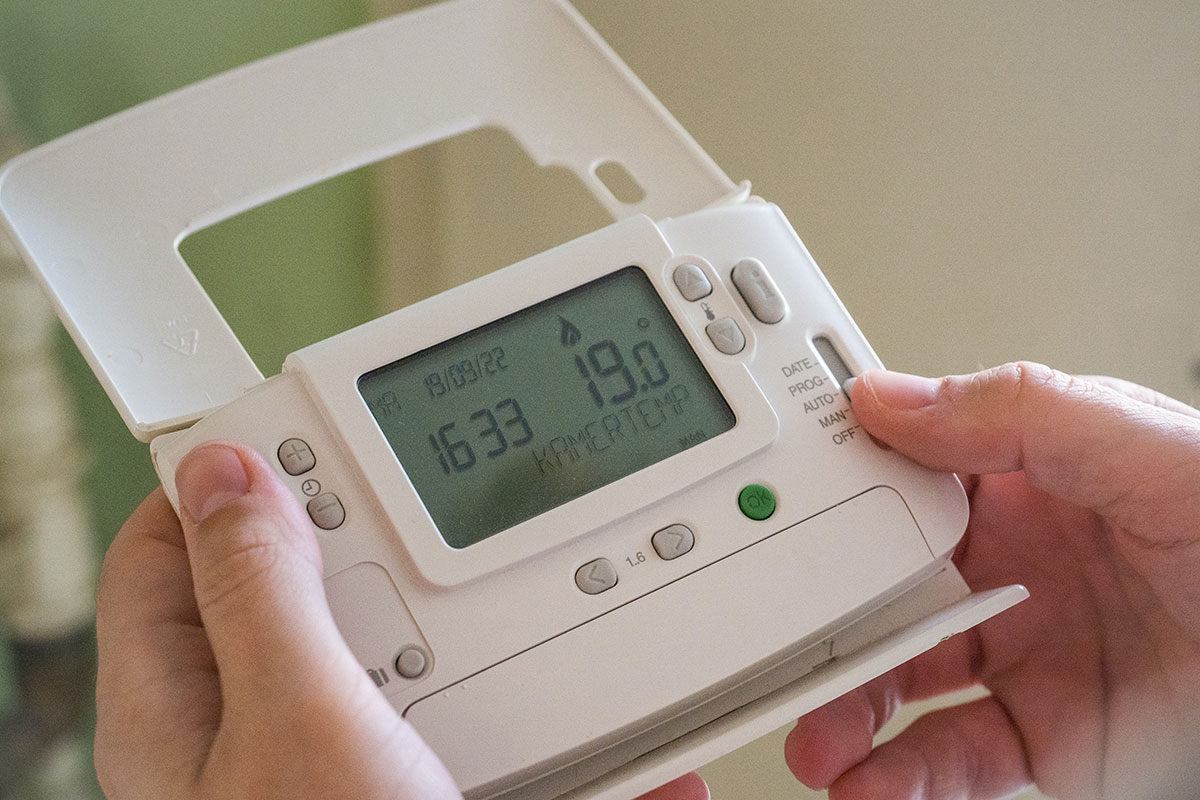Fuel for Thought: Mastering the Art of Firewood Selection
Fuel for Thought: Mastering the Art of Firewood Selection
As the temperatures drop and the cosy warmth of a crackling fire becomes irresistible, it’s essential to choose the right firewood for optimal performance and efficiency in your open fires and log burners. The selection process involves considering various factors, including the species of wood and alternative fuel options. Let’s delve into the details to help you make informed decisions for a delightful and hassle-free fireside experience.

Choosing the Right Firewood
When it comes to traditional firewood, several tree species are commonly used in the UK. Oak, beech, ash, and birch are popular choices known for their high energy output and longer burning times.
However, it’s crucial to note that each wood type has its unique characteristics and burning properties. While some offer intense heat, others contribute to a vibrant and aromatic ambiance. Consider the specific needs of your fireplace or log burner to determine the most suitable wood type for your requirements.
Several species of trees are commonly used for firewood, each with its own burning qualities and characteristics. Here are some of the main species and their attributes:
- Oak is known for its slow-burning properties and produces a high heat output. It is a dense hardwood, which means it burns for a longer time and provides excellent coals for cooking and heating.
- Ash is a popular choice for firewood due to its low moisture content and ease of splitting. It burns well, producing a steady flame and consistent heat, making it ideal for both heating and cooking.
- Beech firewood burns similarly to ash, producing a steady and long-lasting heat. It is relatively easy to ignite and provides a good amount of coals.
- Birch is a fast-burning hardwood, known for its bright flames and high heat output. It is easy to ignite and is often used in combination with slower-burning woods to provide an initial burst of heat. The bark of Birch, if dry can be crunched up and used to quickly start a fire.
- Pine is a softwood that burns quickly with a lively flame but also produces more creosote and soot than hardwoods. It is often used as kindling due to its easy ignitability. Avoid using too much Pine wherever possible.
- Cherry wood burns slowly and produces a pleasant aroma. It is a dense hardwood that provides a steady heat output and is suitable for use in wood stoves and fireplaces. It can spark a lot, but doesn’t produce a lot of smoke.
- Elm is a particularly dense hard wood. It’s difficult to split logs, and doesn’t smell particularly good when burning.
- Chestnut logs split easily and will burn readily at a low heat. Chestnut does however spark a lot, and will produce heavy smoke.
When selecting firewood, it is essential to consider factors such as the wood’s moisture content, density, and burning rate to ensure efficient and effective heating.
Kiln-Dried or Seasoned Firewood?
Kiln-dried and seasoned firewood both undergo a drying process to reduce moisture content, making them suitable for efficient and clean burning. However, their methods and resulting moisture levels differ.
Kiln-dried firewood is dried in a controlled environment, typically in a kiln, where temperatures are regulated to reduce moisture content to around 10-20%. This process accelerates the drying time, ensuring the wood is ready to burn efficiently and with minimal smoke.
On the other hand, seasoned firewood is dried naturally outdoors, exposed to air for an extended period, usually around 6 to 12 months. This allows the wood to lose moisture gradually, typically reaching a moisture content of 20-25%.
Seasoned firewood is often less expensive than kiln-dried wood and can still provide a good burning experience, although it may produce more smoke and be less efficient than kiln-dried firewood. However, seasoned firewood is generally more readily available, especially in local markets.
Both types have their advantages, and the choice depends on factors such as convenience, cost, and the desired burning experience.
Alternative Fuel Options
Apart from traditional firewood, alternative fuel options to logs include coffee logs and coal.
Coffee logs, made from recycled coffee grounds, offer a sustainable and convenient solution, emitting a pleasant aroma while producing a consistent heat output.
On the other hand, coal, although a reliable and widely used option, demands careful use due to its potential to release harmful pollutants. It’s crucial to follow the recommended guidelines for safe and responsible coal usage to minimise any adverse environmental impact.
Firewood Dos and Don’ts
To ensure the best performance and safety of your fireplace or log burner, adhere to a few essential dos and don’ts.
- Do consider the moisture content of the wood, aiming for a moisture level below 20% for efficient burning and reduced smoke emission.
- Don’t burn treated or painted wood, as this can release toxic chemicals into the air.
- Do invest in a moisture meter to regularly check the dampness of your firewood.
- Don’t overload your fireplace or log burner with excessive wood, as this can lead to poor combustion and increased creosote build-up.
- Do ensure you keep your chimney swept regularly to avoid soot and/or creosote build-up.
- Do maintain a Carbon Monoxide alarm when burning solid fuels. Carbon Monoxide is generated when carbon-based fuels have not combusted properly in, for example, a wood burning stove, open fire or barbecue (gas, charcoal and disposable). It is difficult to detect as you cannot see it, smell it or taste it, so a detector is essential.
- Do ensure that you’re not located within a designated “Smoke Control Area” under the Clean Air Act 1993. These areas aim to enhance air quality by restricting the use of traditional coal and wood burning in favour of authorised smokeless fuels. Within these zones, the emission of smoke from chimneys is not permitted.
By following these guidelines, you can optimise your firewood selection and usage, creating a warm and welcoming atmosphere while minimising any negative environmental impact.
Contact Us
The process of selecting and buying firewood for open fires and log burners involves careful consideration of various factors, including wood species, alternative fuel options, and proper usage practices. By choosing the right wood type, exploring alternative fuel options, and adhering to recommended dos and don’ts, you can enjoy a safe, efficient, and environmentally conscious fireside experience throughout the autumn and winter seasons in the UK. Contact Infinity Home Services to purchase a range of quality firewood by calling 0800 148 8088 or completing the form below:








